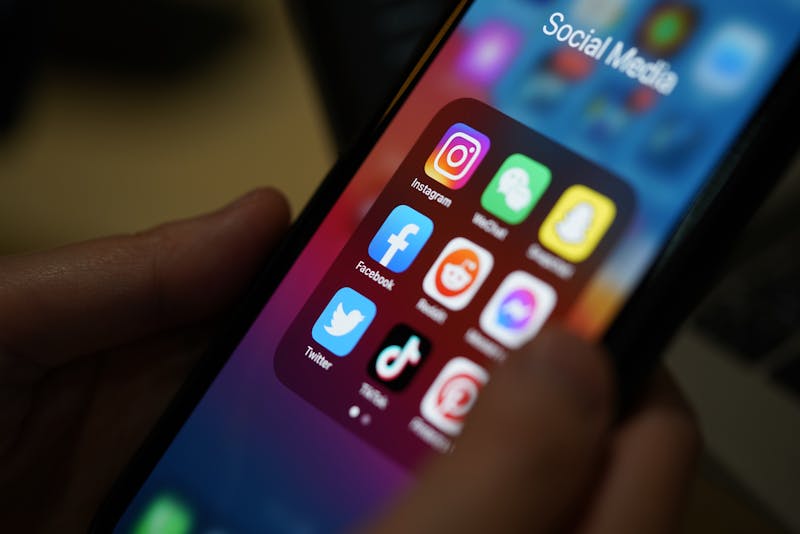
Social media might feel like a safe space to share your life, but when you’re involved in a personal injury case, it can quickly turn into powerful evidence against you.
At Miller & Mallett, we’ve handled hundreds of personal injury claims across Arkansas and have seen firsthand how a single photo, comment, or check-in can be twisted by insurance companies to dispute your injuries, your credibility, or your right to fair compensation. As seasoned trial attorneys deeply familiar with Arkansas’s legal standards and evidentiary rules, we know how the system works—and how to protect you within it.
In this blog, we’re drawing from our extensive litigation experience to break down exactly how and why social media can jeopardize your personal injury case in Arkansas—and what practical steps you can take to protect your rights and strengthen your claim.
Arkansas Law Allows Social Media as Admissible Evidence
Under Rule 901. Authenticating or Identifying Evidence, any evidence—including digital or social media content—must simply be authenticated to be admissible in court. Here’s what you need to know:
- If someone can prove that a post or comment came from your account, it may be used against you
- For instance, let’s say you claim a back injury is preventing you from working, but you’re tagged in a photo dancing at a concert
- Even if you were just posing or trying to put on a brave face, the defense could present that image as evidence that your injuries aren’t as severe as you’ve claimed
The Insurance Companies Are Watching
- Arkansas is a modified comparative fault state, meaning your compensation can be reduced if you are found partially at fault for your injuries (Ark. Code Ann. § 16-64-122)
- Insurance companies and opposing counsel may comb through your social media looking for anything that supports shifting blame to you or minimizes your damages
- A 2023 survey by the National Association of Insurance Commissioners found that over 80% of claims adjusters admit to reviewing social media activity during investigations
- Even private profiles aren’t truly private; mutual friends may share content or be subpoenaed to provide it
What Posts Can Damage Your Case?
- Photos and videos: Images of you engaging in physical activity, attending events, or traveling can contradict claims of pain or immobility.
- Status updates: Comments like “Feeling better today!” or “Back to normal!” may be misinterpreted and used to argue you're fully recovered.
- Location check-ins: Being tagged at a hiking trail, bar, or gym may call your injury or credibility into question.
- Comments from friends or family: Jokes or offhand remarks can also become relevant, especially if they hint that your claim is exaggerated.
How to Protect Your Case
If you’re involved in a personal injury lawsuit, follow these tips to protect yourself:
- Set your accounts to private, but remember, this is not foolproof
- Avoid posting anything about your accident, injuries, or recovery
- Ask friends and family not to tag you or mention your case online
- Don’t delete posts without consulting your attorney—this could be considered destruction of evidence
- Avoid accepting new friend requests, especially from people you don’t recognize
While it may feel extreme, going silent on social media is often the safest choice during your personal injury case. A single misinterpreted post can jeopardize a claim or reduce compensation that someone rightfully deserves.
Your Best Bet? Let Us Do the Talking For You.
At Miller and Mallett, we combine fierce legal advocacy with real-world awareness. We’ll help you navigate every aspect of your case—including what to say (and not say) online—to protect your recovery.
We don’t let social media sabotage justice. Reach out today for a free consultation.

